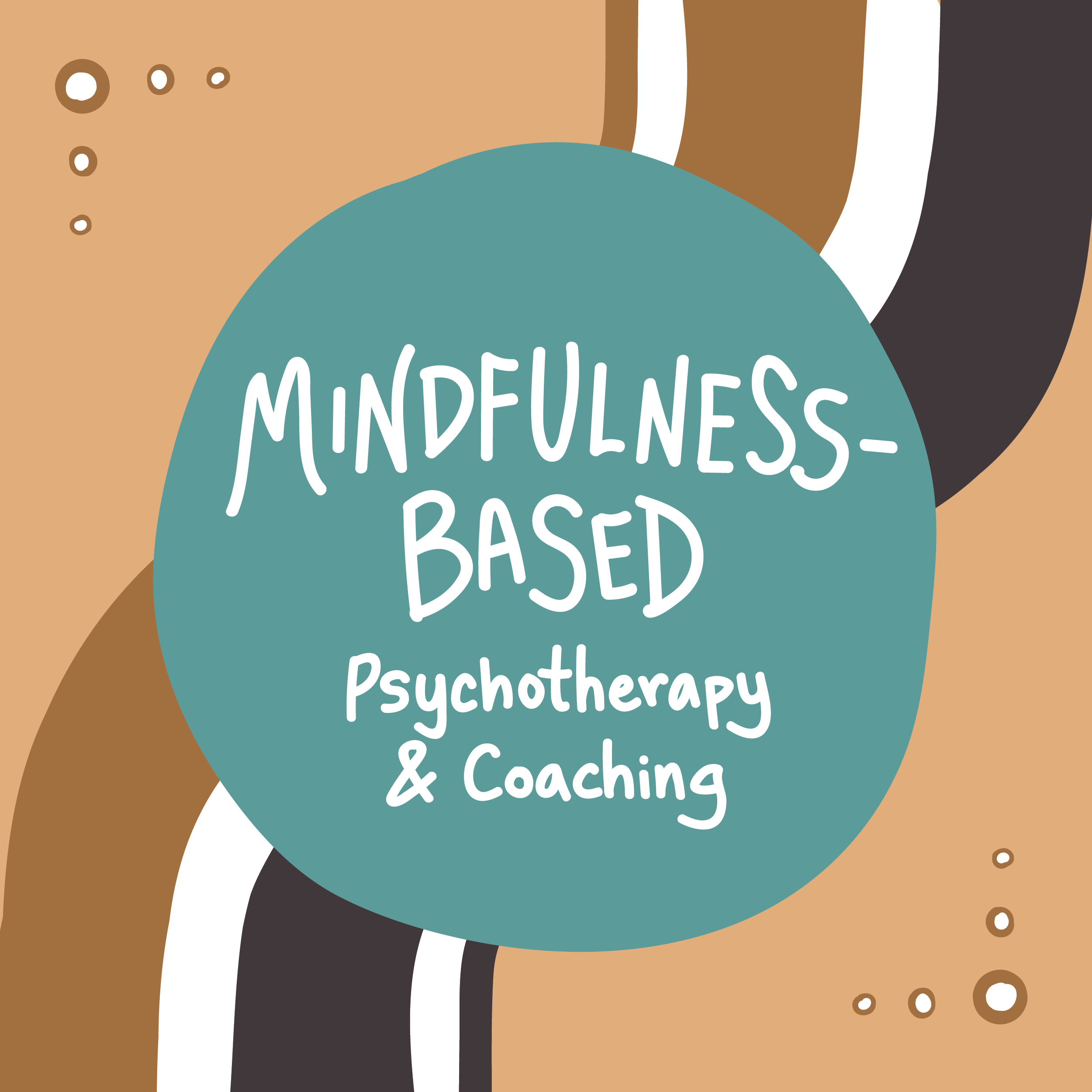Note: There are many downloadable activities and resources specific for Teens on the Resources for Teens page and the Stressed Teens Toolbox.
Communication: Listen to your teen! Truly pay attention to what they are saying without thinking of what to say back. Speak from your heart. Reflect back to them what you heard so they know you were listening. Try not to judge them. Don’t ask why questions. You will most often get defensive responses.
Support and Encouragement: Teens often put a lot of pressure on themselves. Try your best to encourage but not add to the pressure they experience. Support them emotionally as well as financially.
Awareness: Look for the red flags to look for that your teen is suffering. Red Flags: changes in eating, sleeping, time spent with you and/ or reduced enjoyment in previously favored activities.
Love: Even in the hardest of moments with your teen remember to let your teen know how much you love them. EVERY DAY! Love them enough to set boundaries when you need to be a parent and not a friend.
Presence: Be there in their life. Spend time with them. Provide them with face-time in addition to screen-time.
We can’t be a service to anyone else if we can’t be a service to ourselves. As parents, we have the ability to model for teens that caring for yourself is NOT being selfish. Not only is it important for parents to each teens the importance of self-care, but it is equally important for parents to actively engage in self-care practices.
Download a Chapter from the new book Be Mindful & Stress Less: 50 Ways to Deal with Your Crazy Life to learn ways you can give the gift of presence to others and yourself.
Take a break for yourself. Take a coffee or tea break. Remain mindful as you make and drink your beverage. Another way you can practice mindfulness throughout the day is to do mindful stretching for 5 minutes. If not stretching, try any mindful movement you want or are potentially skilled in doing. After your mindful movement, consider:
How do you feel now?
What are you thinking?
Share and go over a toolbox of 130 positive coping skills to turn to. When someone engages in positive coping skills it is less likely they will engage in negative coping behaviors.
Click here to download the handout on Positive Coping Skills
• Changes in eating
• Changes in sleeping
• Loss of interest in activities previously enjoyed
• Staying in their room and isolating more than they did before
• Changes in how they communicate with you
• Changes in mood—sadness, crying, depressed, anxious, irritable, angry, and frustrated more often than not
• Increased isolation
This teen often has problems with their grades, teachers, parents, and often externalizes their problems while acting out and engaging in risk-seeking/taking behaviors:
• This teen usually acts like nothing matters when you take all of their things away
• They tend to cut on their arm so people can see
• They will yell, argue, fight, and might run away if they don’t get their way
• Often poor at emotion-regulation, insight, and awareness how their actions impact others
• Often unskilled at communicating their feelings and is unclear at what is really bothering them
• The teen might present as very dramatic and depressed
• Often hangs out with the wrong crowd of people
This teen is harder to see and often goes unnoticed
Participates in many activities, has good grades, often has a job and never gets into trouble
Difficulties often go unnoticed
These teens often present with anxiety, psychosomatic complaints, internalization, cutting, feelings of hopelessness, worthlessness, overwhelm, decreased self-esteem, and feel they are never good enough
Many of these are depression symptoms
If you know someone whom is in danger--being harmed by another person, harming themselves, or at risk for harming someone else please contact 911. Please click here for more information.
Below is a list of resources you can call for additional information:
CALL 911
National Suicide Hotline: 1-800-SUICIDE (784-2433) or the
National Suicide Prevention Lifeline: 1-800-273-TALK (8255)
Both toll-free, 24-hour, confidential hotlines which connect you to a trained counselor at the nearest suicide crisis center.
Suicide Prevention Lifeline
The Web site for this 24-hour, confidential hotline offers details about how to call if you need help, how to identify suicide warning signs, and information for veterans experiencing mental distress. National Suicide Prevention Lifeline: Visit https://suicidepreventionlifeline.org or call 1-800-273-8255.
List of International Suicide Hotlines: Visit http://www.suicide.org/international-suicide-hotlines.html
Crisis Text Line: Visit https://www.crisistextline.org, or text HOME to 741-741.
National Hopeline Network: Call 1-800-784-2433.
National Safe Place: Visit National Safe Place Website or text 44357.
National Alliance on Mental Illness (NAMI): Visit www.nami.org or call 1-800-950-6264.
Society for Adolescent Health and Medicine (SAHM): Visit https://www.adolescenthealth.org/Home.aspx
Love Is Respect: Visit www.loveisrespect.org, text LOVEIS to 22522, or call 1-866-331-9474.
National Eating Disorders Association: Visit www.nationaleatingdisorders.org or call 1-800-931-2237.
Erica’s Lighthouse: A Beacon of Hope for Adolescent Depression: Visit www.erikaslighthouse.org
LGBTQ Resources: Visit www.glaad.org/youth or www.gsanetwork.org
LSEN (an organization that focuses on LGBTQ issues in education): Visit www.glsen.org
Teens Against Bullying: Visit www.pacerteensagainstbullying.org
This website and the resources herein are not meant to take the place of counseling or mental health assistance or help. Working with someone or working directly through these activities might bring up painful emotions or memories that require the support of a mental health professional. Please talk with a mental health professional or an adult you trust to discuss these issues further.































































